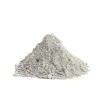Phytol, a unique terpene with potential health benefits, has emerged as an intriguing compound in the world of natural substances.
In this article, we delve into the frequently asked questions about phytol, its diverse effects, and its presence in various botanical sources. From its molecular structure to its potential impacts on health and well-being, we'll uncover the essential aspects of this fascinating compound.
What is the Phytol Terpene?
The phytol terpene is an acyclic diterpene alcohol that results from the breakdown of chlorophyll. It is characterized by its grassy and balsamic aroma and is naturally produced in plants like green tea.
Notably, phytol is involved in the synthesis of vitamins K and E. The terpene is recognized for its antioxidant properties and has been under active investigation for various potential therapeutic effects.
Cannabis leaves containing phytol are associated with inducing a relaxing and sedative effect.
Certain strains of cannabis, such as Cheese and Sour Diesel, are known to be high in phytol content. Overall, the phytol terpene offers a diverse range of potential health benefits and continues to be an area of active research.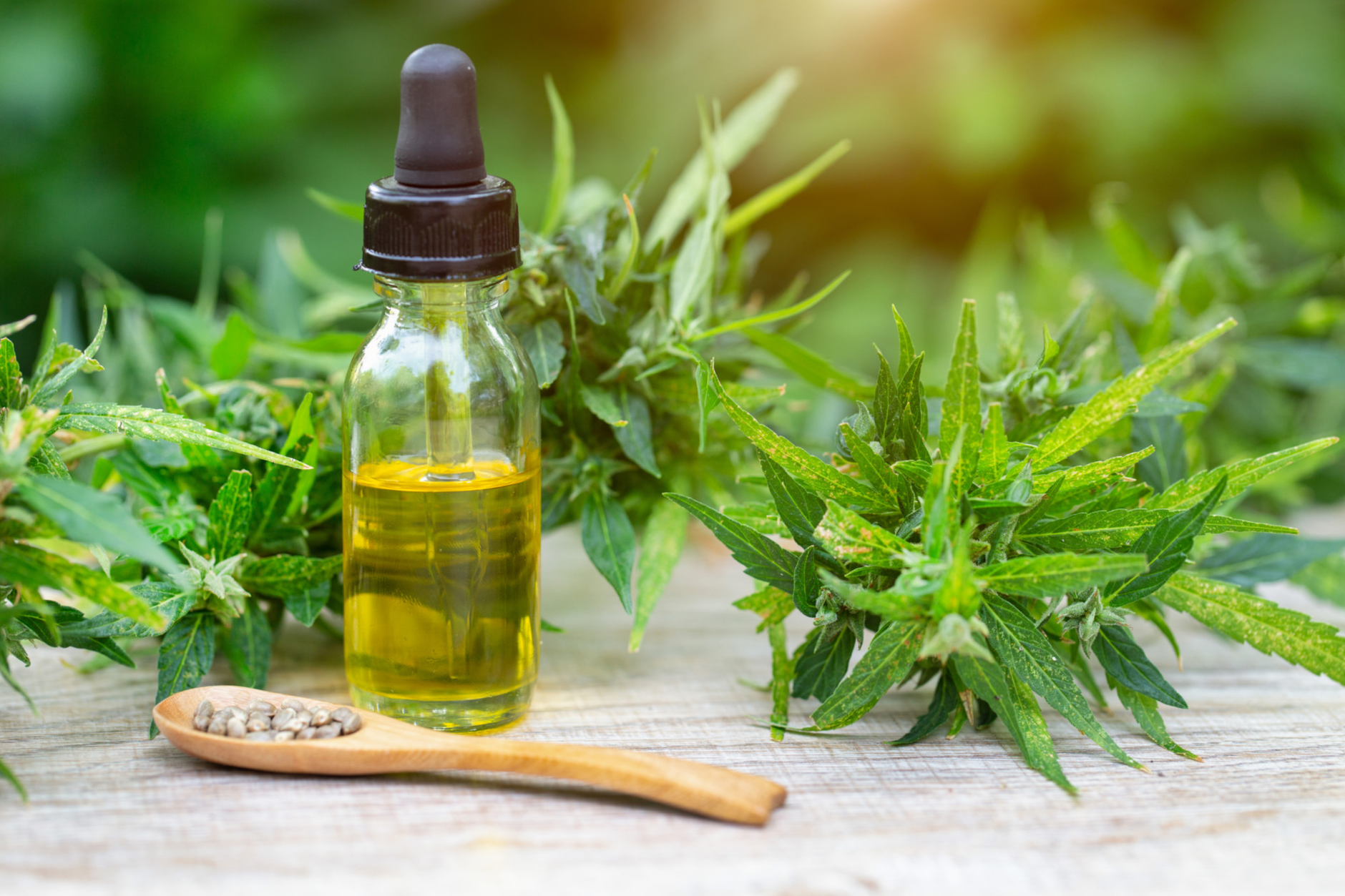
What Does the Phytol Terpene Do?
Phytol is a naturally occurring terpene found in cannabis and green tea plants, contributing to their distinct aromas. Not as commonly recognized as other major terpenes, like pinene or linalool, phytol is also utilized in the synthesis of certain synthetic vitamins, such as vitamin E.
Research into phytol's potential health benefits has yielded intriguing findings. It has demonstrated anti-inflammatory properties, which could hold significance for conditions marked by excessive inflammation like arthritis and inflammatory bowel disease.
Additionally, due to its anti-inflammatory nature, phytol might have pain-relieving effects, as suggested by studies showing reductions in pain perception.
Phytol's potential to affect mental well-being is also noteworthy. Studies on animals indicate that it could help lower anxiety levels, possibly by interacting with the GABAergic system that regulates mood.
Furthermore, phytol has displayed sedative properties in some research, making it a substance of interest for promoting relaxation and sleep. It's essential to note, however, that while phytol shows promise, research is ongoing, and consulting a healthcare professional is advisable before considering its use for therapeutic purposes.
Exploring the Phytol Terpene: Common Plant Sources and Applications
There are many plants containing the phytol terpene, but the most common ones are:
|
Type |
Description |
Additional Information |
|---|---|---|
|
Cannabis |
Flowering plant |
One of the most abundant terpenes found in cannabis. Concentration varies by strain. |
|
Peppermint |
Herb |
Phytol is a minor component of peppermint essential oil. |
|
Spearmint |
Herb |
Phytol is a minor component of spearmint essential oil. |
|
Basil |
Herb |
Phytol is a component of sweet basil essential oil. |
|
Oregano |
Herb |
Phytol is a minor component of oregano essential oil. |
|
Rosemary |
Herb |
Phytol is a minor component of rosemary essential oil. |
|
Cloves |
Spice |
Phytol is a component of clove bud essential oil. |
|
Green tea |
Beverage |
Phytol naturally occurs in green tea leaves. |
|
Lemongrass |
Herb |
Phytol is a component of lemongrass essential oil. |
Role and Effects of the Phytol Terpene
The phytol terpene plays a multifaceted role with notable effects that have garnered scientific interest. Derived from the degradation of chlorophyll, this acyclic diterpene alcohol possesses distinct grassy and balsamic scents. It is naturally synthesized in plants like green tea and is utilized in the production of vitamins K and E.
Central to its significance is the antioxidant properties of phytol, which have been well-established. Beyond its antioxidant role, phytol's potential therapeutic effects span various domains. Research from a 2013 study highlights its strong pain-relieving attributes, while recent investigations suggest its efficacy in treating liver and breast cancers.
In the realm of cannabis, leaves containing phytol contribute to inducing a relaxing and sedative effect. Strains rich in phytol content exemplify its presence within the plant's makeup.
As research into phytol continues, its role as a versatile terpene with diverse effects continues to unfold, paving the way for potential therapeutic applications across various health domains.
Some of the most common effects related to the phytol terpene include:
-
Antioxidant properties
-
Strong pain-relieving attributes
-
Potential treatment for liver and breast cancers
-
Interacts with GABA neurotransmitter system
-
Acts as an anticonvulsant and antianxiety agent
-
Exhibits anti-inflammatory properties
-
Induces relaxing and sedative effects in cannabis leaves
Phytol in Nature and Botanical Sources
Phytol, a significant component in the realm of terpenes, finds its natural origins in a variety of plant sources. This acyclic diterpene alcohol is a byproduct of chlorophyll degradation, a process that occurs in plants as they age or when exposed to certain environmental conditions.
Its presence is notably prominent in plants like Camellia sinensis (used to make green tea), where it contributes to the characteristic grassy and balsamic fragrances.
Beyond green tea, phytol is a versatile compound that is synthesized by various plants across the botanical spectrum. Its role in creating distinctive aromas is pervasive, and it contributes to the complex olfactory profiles of numerous plant species.
While not as widely recognized as some other terpenes, phytol showcases its potency as an attractant for pollinators, showcasing the intricate interplay between plants and their environment.
In the context of herbal medicine and natural remedies, the prevalence of phytol in botanical sources offers potential avenues for therapeutic exploration.
The extraction and utilization of phytol from these sources could open doors to harnessing its various effects on human health and well-being, making it an intriguing subject for ongoing research and applications in the field of natural medicine.
What is the Phytol Terpene in Weed?
The phytol terpene is a naturally occurring compound found in cannabis, often referred to simply as "weed." Terpenes are aromatic compounds that contribute to the unique scent and flavor profiles of different cannabis strains. In the context of cannabis, phytol plays a role in shaping the overall sensory experience of the plant.
Phytol's presence in cannabis leaves can contribute to inducing a relaxing and sedative effect. This aspect of its profile is of interest to individuals seeking strains that offer relaxation and potential relief from stress or insomnia. Some cannabis strains are known to be high in phytol content, making them ideal for those seeking these effects.
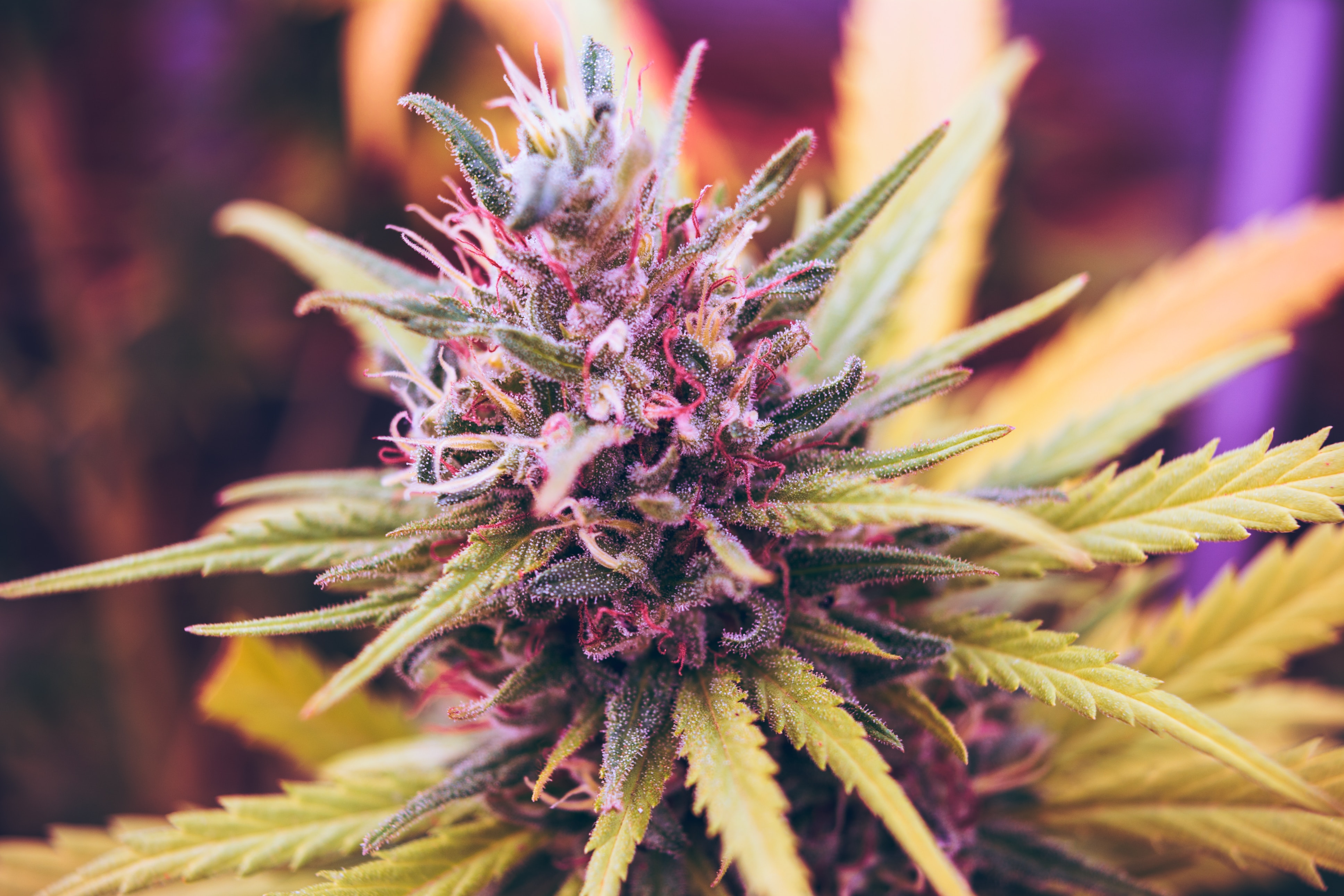
Is the Phytol Terpene Polar or Non-Polar?
Phytol is a non-polar compound. This is due to its molecular structure, which consists of hydrocarbon chains (methyl groups) and a hydroxyl group (alcohol functional group). Non-polar compounds have relatively balanced electronegativity between the atoms, resulting in an absence of significant partial charges and thus no strong dipole moment.
Is the Phytol Terpene Safe?
Yes, phytol is a natural compound considered safe as long as it’s only present in small amounts, especially in inhalable products. A study conducted on rats, exposing them to high levels of aerosolized phytol, found that exposure to high levels of phytol caused them serious harm.
“The findings of this single study on animals suggest that inhalation of phytol could pose a potential risk of injury to human health,” says the study, “However, the extent to which this is likely to happen with human use of certain cannabis vaping products that are currently available in the legal market, which contain small concentrations of phytol, is unclear at this time.”
In other words, phytol is safe when consumed in smaller quantities, such as those present in vaping or smoking products available on the market today. So, you’re safe as long as you act with moderation.
Health Benefits of Phytol
Phytol has garnered attention for its potential health benefits across several areas. One of its notable attributes is its anti-inflammatory properties, which could hold significance for conditions marked by excessive inflammation such as arthritis, inflammatory bowel disease, and diabetes.
Through its ability to reduce inflammation and inhibit the production of inflammatory compounds, phytol may contribute to alleviating symptoms like pain and discomfort associated with these conditions.
Phytol's impact on mental well-being is another intriguing area of study. It has demonstrated potential as an anxiolytic agent, with studies on animals indicating its ability to lower anxiety levels.
This effect is likely mediated through its interaction with the GABAergic system, which plays a crucial role in mood regulation. Furthermore, phytol's sedative properties could contribute to relaxation and improved sleep quality, offering potential relief for those grappling with sleep disturbances.
While these potential health benefits of phytol are promising, it's important to approach them with a balanced perspective. Further comprehensive research is needed to validate its effects and mechanisms of action. Consulting with a healthcare professional before considering the use of phytol for therapeutic purposes is advisable to ensure informed and safe decision-making.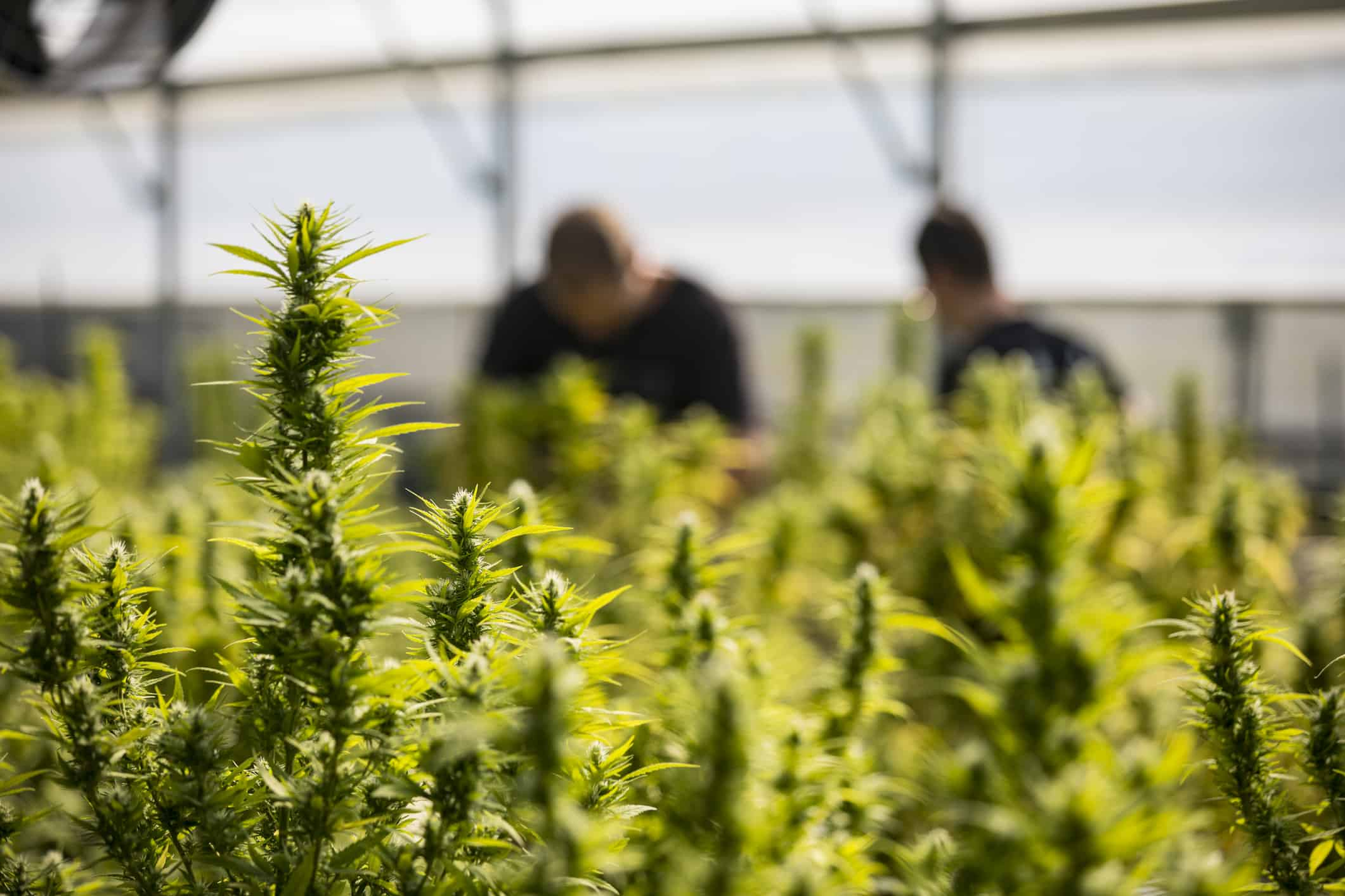
Phytol and Cellular Health
Phytol's impact on cellular health has emerged as a captivating area of scientific exploration. Phytol's multifaceted roles extend to influencing cellular processes that contribute to overall well-being.
Research suggests that phytol's potential health benefits are closely linked to its interactions at the cellular level. Its anti-inflammatory properties, for instance, hold promise in mitigating the chronic low-grade inflammation that can contribute to various health issues.
By modulating inflammatory pathways within cells, phytol may help maintain cellular health and reduce the risk of inflammation-related disorders.
Phytol's influence on cellular health also extends to its potential antioxidant activity. Oxidative stress, arising from an imbalance between reactive oxygen species and the body's antioxidant defenses, can lead to cellular damage and aging.
Phytol's antioxidant properties could contribute to neutralizing these harmful reactive species, potentially safeguarding cellular structures and functions from oxidative damage.
Does Phytol Cause Anxiety?
Phytol is not typically known to cause anxiety. In fact, research suggests that phytol may have potential anti-anxiety effects.
Studies indicate that phytol has the ability to lower anxiety levels, likely through its interaction with the GABAergic system, which is involved in mood regulation. This suggests that phytol might have a calming influence on the nervous system rather than causing anxiety.
How Does Phytol Make You Feel?
Phytol's effects are believed to be largely related to its interaction with various systems in the body, such as its anti-inflammatory properties, potential pain-relieving attributes, and its interaction with the GABAergic system, which plays a role in mood regulation.
For example, it may contribute to a sense of relaxation and calmness due to its potential anxiolytic effects, which could indirectly make you feel more at ease.
It's important to note that the effects of phytol can vary from person to person and depend on factors such as individual sensitivity, dosage, and the specific combination of compounds present in a particular plant source. Additionally, since research on phytol is ongoing and still evolving, its exact effects are not fully understood.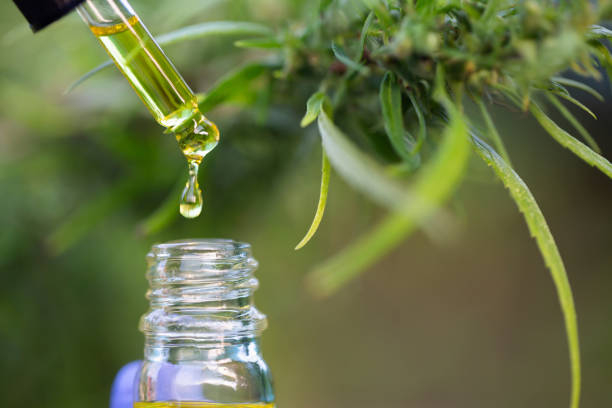
Aromatic Influence: How Phytol Shapes Sensory Experiences
The influence of phytol on sensory experiences is particularly evident in the world of cannabis strains. These strains are known for their diverse aromas and flavors, ranging from earthy and citrusy to floral and spicy. Phytol contributes its own unique grassy and balsamic notes to this aromatic symphony.
When combined with other terpenes and compounds, phytol adds complexity to the overall olfactory profile of cannabis, creating a rich tapestry of scents that enthusiasts and connoisseurs recognize and appreciate.
Beyond its aromatic contribution, phytol's potential health benefits also interact with our sensory perceptions. While it doesn't induce specific feelings like psychoactive compounds, its effects on pain relief, relaxation, and potential anxiety reduction can indirectly influence how we perceive our overall well-being and comfort.
These effects, combined with its aromatic presence, contribute to the holistic sensory experience of plants containing phytol
How Many Hydrogens are in Phytol?
Phytol's molecular composition, represented by the chemical formula C20H40O, signifies the presence of 40 hydrogen atoms within its structure. This compound, classified as an acyclic diterpene alcohol, showcases a complex arrangement of atoms that contribute to its multifaceted roles and effects.
The structural intricacies of phytol include its hexadec-2-en-1-ol backbone, which is adorned with methyl groups at positions 3, 7, 11, and 15. These molecular features not only define phytol's chemical identity but also underlie its various functions.
Handling and Toxicity
As stated previously, moderation is crucial when dealing with the phytol terpene. Too much phytol might lead to certain discomforts and some serious risks, so adhering to recommended dosages is advisable.
As with any natural compound, it's prudent to consult your healthcare professional before embarking on a journey involving the phytol terpene.
Is Phytol Toxic?
The positive news is that the phytol terpene is generally safe for most individuals when used as intended.
Is Phytol Flammable?
The phytol terpene is considered flammable, so it's important to keep it away from open flames and high heat sources.
Final Thoughts on Phytol
Phytol, a terpene with its unique aroma and potential health-enhancing properties, continues to intrigue researchers and wellness enthusiasts. Its presence in various plants and its potential effects on cellular health and well-being makes it a subject of significant interest.
As our understanding of phytol advances through scientific inquiry, we uncover new dimensions of its effects and applications, showcasing its potential to enrich sensory experiences and contribute to holistic well-being.







